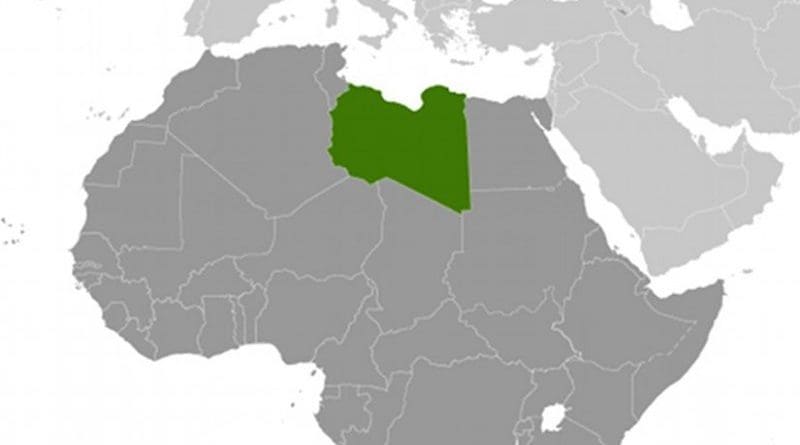Making Sense Of Libya
The longer Libya’s military conflict persists, the more it risks undermining the anti-Qaddafi camp’s avowed objectives and the purpose claimed for NATO’s intervention, that of protecting civilians.
Popular Protest in North Africa and the Middle East (V): Making Sense of Libya , the latest report from the International Crisis Group, examines the situation in Libya, and warns that insisting on Qaddafi’s departure as a precondition for any political initiative is to prolong the military conflict and deepen the crisis. Instead, the priority should be to secure an immediate ceasefire and negotiations on a transition to a post-Qaddafi political order. In this sense, a distinction should be made between Qaddafi “going” – ceasing to have any political role or power – as a key element of the desired political end result and his “going” immediately, as the precondition of everything else.
“To insist that he both leave the country and face trial in the International Criminal Court is virtually to ensure that he will stay in Libya to the bitter end and go down fighting”, says Hugh Roberts, Crisis Group’s North Africa Project Director. “That would render a ceasefire all but impossible and so maximise the prospect of continued armed conflict”.
Unlike events in neighbouring Tunisia and Egypt, the confrontation that began in mid-February between the popular protest movement and Qaddafi’s regime followed the logic of civil war from a very early stage. This owes a great deal to the country’s history and chiefly to the peculiar character of the political order Colonel Qaddafi and his associates set up in the 1970s. Whereas Egypt and Tunisia had been well-established states before Presidents Mubarak and Ben Ali came to power in 1981 and 1987 respectively, such that in both cases the state had an existence independent of their personal rule and could survive their departure, the opposite has been true of Libya. As a result, the conflict has taken on the character of a violent life-or-death struggle.
A political breakthrough is by far the best way out of the costly situation created by the military impasse. This will require a ceasefire between the regime and the Transitional National Council, the deployment of a peacekeeping force to monitor and guarantee this under a UN mandate, and the immediate opening of serious negotiations between regime and opposition representatives to secure agreement on a peaceful transition to a new, more legitimate political order. Such a breakthrough almost certainly necessitates mediation by third parties trusted by both sides. NATO and those states supporting its military action should facilitate this development, not hinder it.
“The international community has a significant responsibility for the course events will take”, says Robert Malley, Crisis Group’s Middle East and North Africa Program Director. “Instead of maintaining the present policy and running the risk that its consequence will be dangerous chaos, it should act now to facilitate a negotiated end to the civil war and a new beginning for Libya’s political life”.

